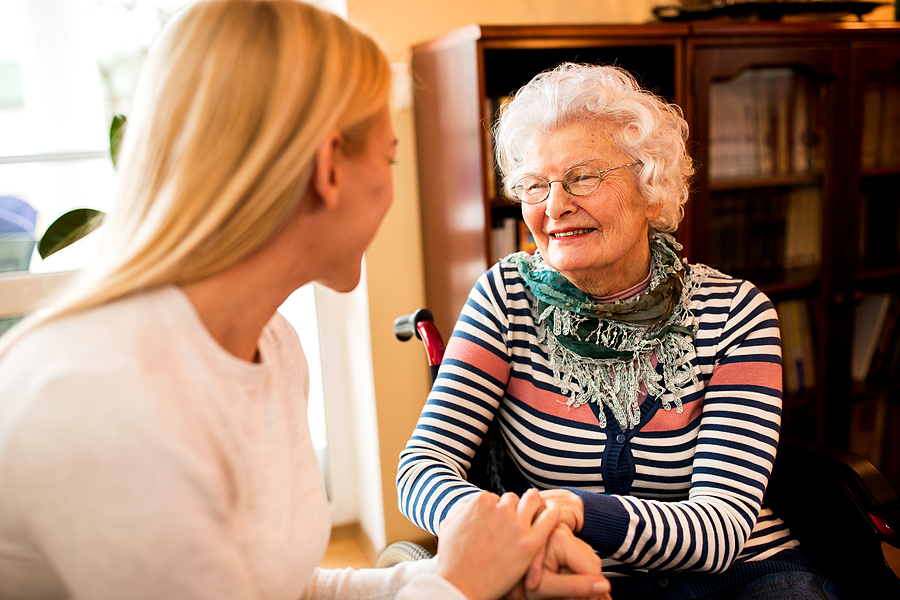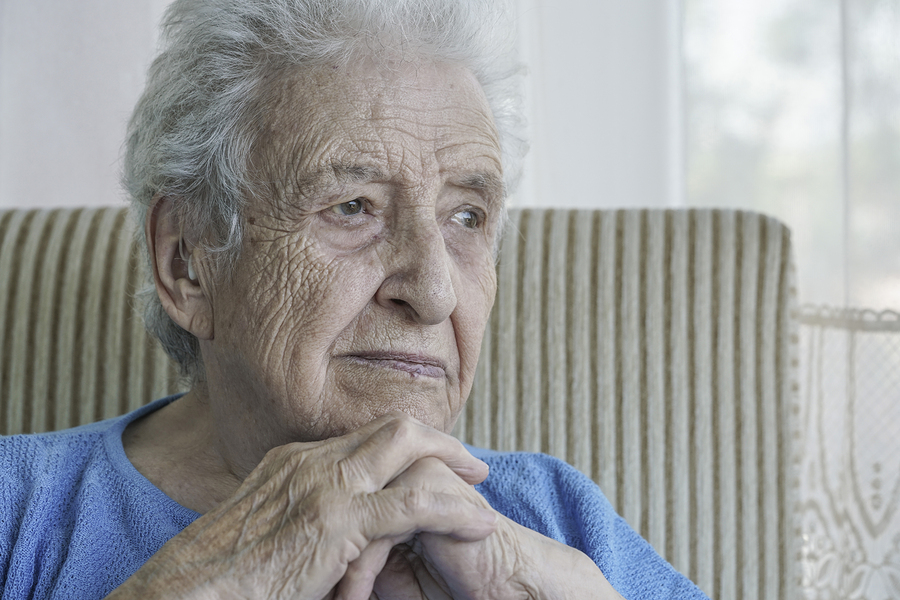Sudden Increased Appetite in Elderly Adults

As we age, dementia is one of the most common issues older adults will experience. By now, most people are familiar with common side effects like memory loss and difficulty processing information or completing daily tasks. One of the often less reported side effects of dementia is a sudden increased appetite in elderly patients. But what is it that increases appetite in the elderly? Should caregivers be concerned about the elderly eating too much? What can you do to manage dementia and overeating? In this post, we’ll review what causes overeating in the elderly and provide tools you can use to help your loved one if you care for an Alzheimer’s patient who is always hungry.
What Increases Appetite in Elderly Patients?
Causes of overeating in patients with dementia include:
-
Forgetting that they’ve recently eaten
-
Feeling stressed or anxious about when their next meal is coming
-
Eating foods that aren’t filling
-
Mistaking dehydration for hunger
-
Managing negative emotions such as boredom, loneliness, or depression
It’s worth noting that older adults with Frontotemporal Dementia (FTD) may be more likely to experience side effects like increased eating, changes in diet, and obsession with specific foods.
Download Our FREE Healthy Aging Diet Guide
How Can I Help Manage Dementia and Overeating?
Like many issues faced by those suffering from dementia and their caregivers, the key to managing a sudden increased appetite in the elderly is patience.
Here are some strategies to consider when your Alzheimer’s patient is always hungry:
-
Monitor water intake. Make sure your senior is staying properly hydrated to avoid misinterpreting signs of dehydration as hunger. Older adults should drink between seven and eight 8-ounce glasses of water per day.
-
Serve 5–6 small meals a day. Providing more frequent meals in smaller portions will help ensure your senior feels full throughout the day.
-
Provide healthy, low calorie snacks like apples, carrots, chopped bananas, orange slices, or grapes. If your senior still feels like snacking, make sure their options err on the side of being less caloric and providing nutritional value. If self-control with snack foods is an issue, avoid keeping treats in the house that are high in sodium, fat, or sugar.
-
Provide adequate opportunities for social interaction and mental stimulation. If you believe your senior’s overeating may be a side effect of anxiety, boredom, loneliness, or depression, ensure your patient is receiving enough socialization and entertainment; this can help reduce reliance on food as emotional support.
A sudden increased appetite in elderly patients is normal, but if left unchecked, seniors who overeat can experience more serious health issues down the road. Using the tools above can help your loved one lead a happier and healthier life with dementia.
More serious issues like excess weight gain or becoming too obsessed with certain foods to maintain a healthy diet may require the help of a specialized medical professional. If these strategies prove ineffective, or if you just need help getting the problem under control, ask your senior’s primary care physician for a referral to a dietitian.
Subscribe
Date: February 8, 2024


